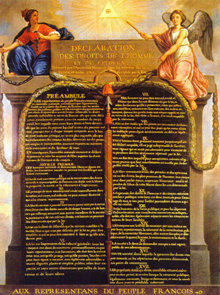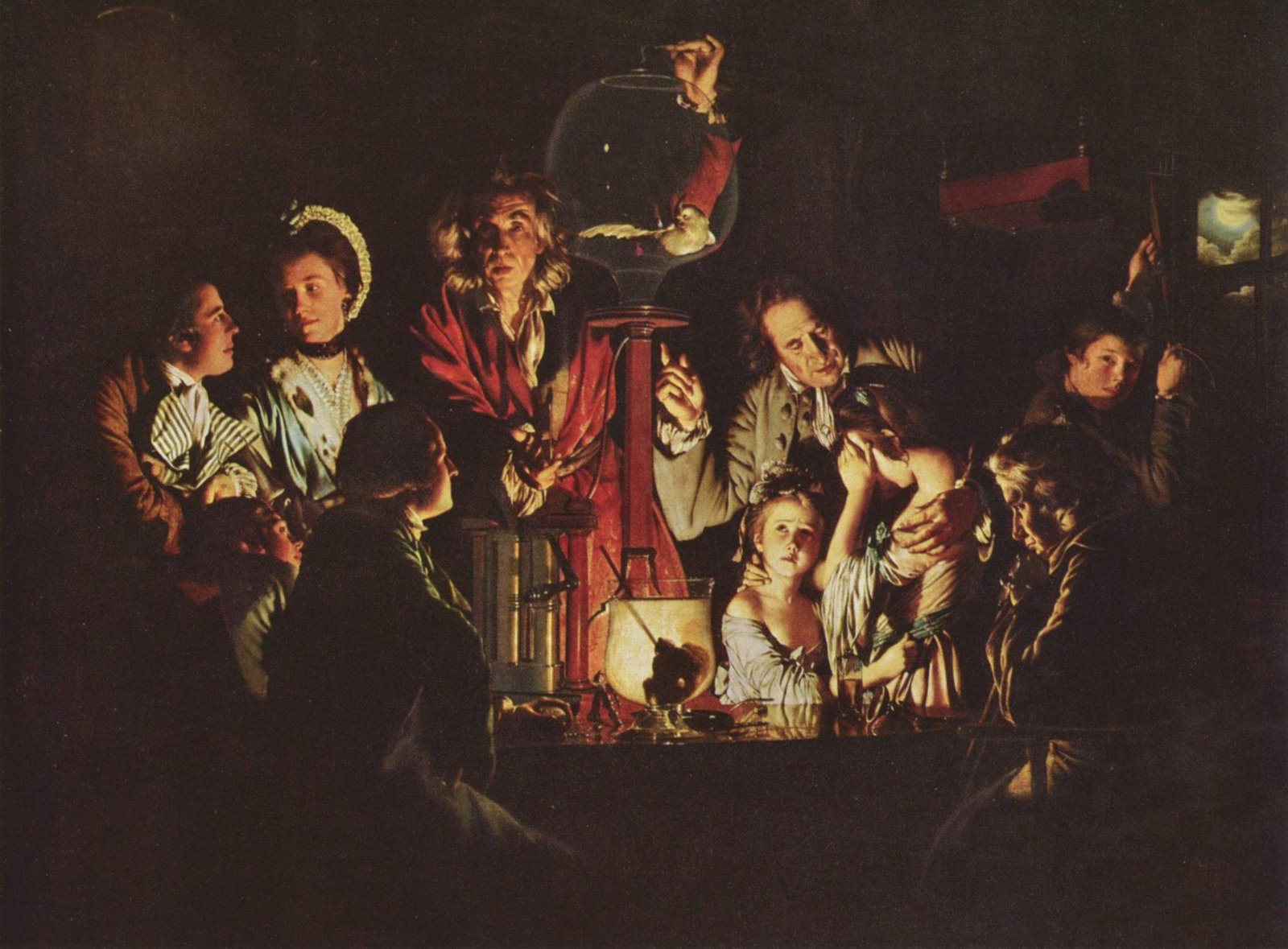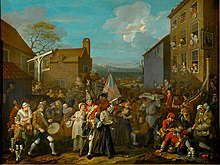Citizens upset with the social and political norms in their countries rebelled and proceeded to replace the corrupt governments and social systems that they viewed as ineffective or unfair. Russian citizens were unsatisfied with the idea of serfdom and took up arms in what was known as the Pugachev Rebellion. In the Western Hemisphere, the American Colonies began to protest British taxation without representation and saw the need for a federation. The French Revolution occured to a dissatisfaction with the current corrupt monarchy, and in turn a republic was formed as an alternative form of government. However, after the conquering of Napoleon, the French returned to their previously used government of monarchy, but with limitations. The United States formed a republic, where the interests of the citizens were to be represented in the government, after it's war with England. Uprisings usually occured due to abuses of the current government, such as excessive spending or violations of the rights of citizens. Social systems, such as serfdom, were also regarded as irrational and unfair. New forms of government were used in an attempt to avoid the mistakes made by past leaders and to efficiently and fairly run a country. Documents such as the Declaration of Independece and the Declaration of the Rights of Man and of the Citizens were created in order to establish laws and outline the intentions of the new government.
See below: the Declaration of Independence of the United States of America, 1776



 French Declaration of the Rights of Man and of Citizen
French Declaration of the Rights of Man and of Citizen
